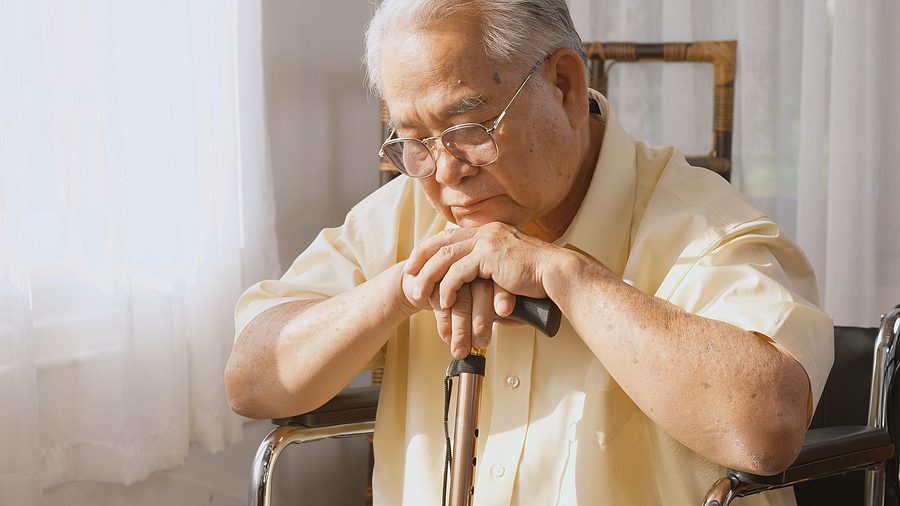If your aging parent is having difficulties with mobility or caring for themselves, they may not want to talk with you about it. Unfortunately, this is why many elderly individuals go through a severe medical emergency before getting the help they need around the home. This article can help you identify signs that your loved one may need in-home care; before a severe fall or a stroke occurs.
Trouble Getting Up
One of the earliest signs that your loved one needs help around the house is when you see them struggling to get off of the couch, or out of a chair. Mobility issues can make it difficult to get out of bed, off of the toilet, or out of the shower. If your loved one continues to show signs of weakened and limited movement, you may want to consider home health care as an option. Having a professional home health aide to assist your loved one while moving around the house can help prevent falls. Additionally, they can provide assistance should one occur.
Sleeping in the Living Room
Many seniors can’t make it to the bedroom on their own. This is especially true for those with multi-story homes. If your loved one is sleeping in their recliner or on the couch because they can’t make it up the stairs to bed, they may benefit from assistance. A home health aide can assist your loved one in going up the stairs and getting the proper rest in their own bed.
Significant Weight Loss/Gain
When an elderly individual goes through excessive weight gain or loss, it could be that they are not getting the proper nutrition. Especially when the spouse who cooked passes away, elderly individuals can often have a hard time maintaining a proper and balanced diet. They may not be eating enough, or they could be turning to junk food. Nutrition is incredibly important to maintaining a healthy lifestyle, especially at an advanced age. A home health aide from SafeHarbor can assist your loved one with meal preparation. This can help keep them on a healthy and nutrient-rich diet.
Forgetting to Take Medication
If your loved one is forgetting to take medication, they could be endangering themselves. It is very important to stick to a proper medication schedule as set by their doctors. This can be even more important when on multiple medications. While you may not be around all the time to ensure that they are not forgetting, an aide could.
Degrading Hygiene
Many elderly individuals may struggle to take care of daily tasks, such as bathing or brushing their teeth. If your loved one seems to have degrading hygiene, they may not be taking proper care of themselves. A home health aide can assist your loved one in daily tasks such as bathing or maintaining dental hygiene as part of their in-home care.
Isolation and Depression
Many elderly individuals, especially those who are widowed or divorced, go through feelings of isolation and depression. This can often be exacerbated if they have limited mobility, and can’t leave their house often. Depression and poor mental health can have a negative impact on physical health. Companionship through an aide who cares for your loved one can reduce feelings of isolation and depression.
Talking With Your Loved One about In-Home Care
If you see signs that your loved one might need home health assistance, talk to them. Communication is an important part of any relationship. The important thing to do is to show that it could be in their best interest. Help coming from a place of love is easier to accept than pity or force. Some elderly individuals see accepting care as a loss of independence, but not if they are an active part in making the care plans. Work with them to ensure that they are involved with the decisions you make regarding their care.
Safe Harbor Healthcare Services does not provide medical, healthcare, or financial advice via articles. This material has been prepared for informational purposes only. It is not intended to provide, and should not be relied on for medical advice.
Safe Harbor Healthcare Services has been providing excellent home care on Staten Island since 1967. Our services help the elderly and disabled live safely and independently; while giving their families the peace of mind they need. For more information contact us by clicking here, or call (718)-979-6900.

